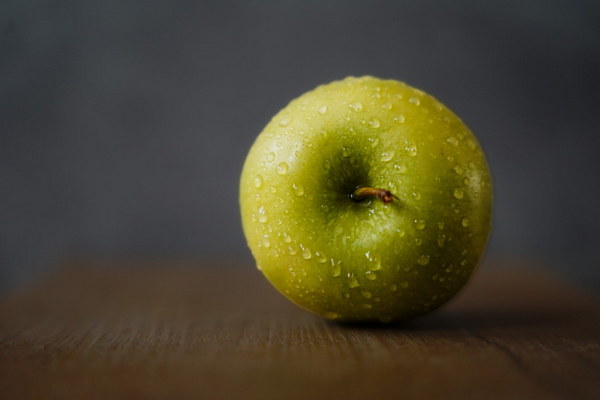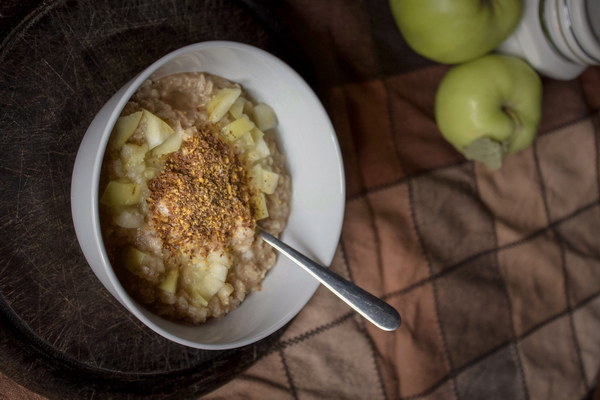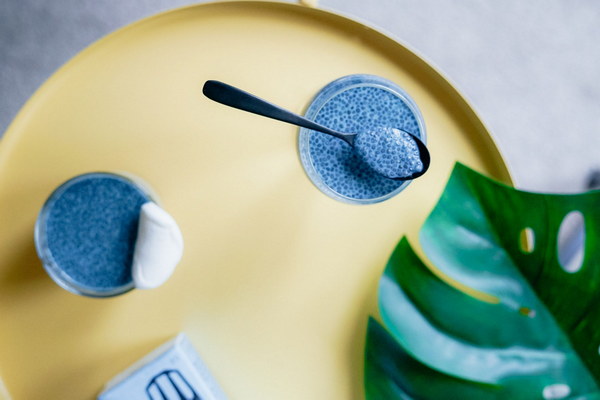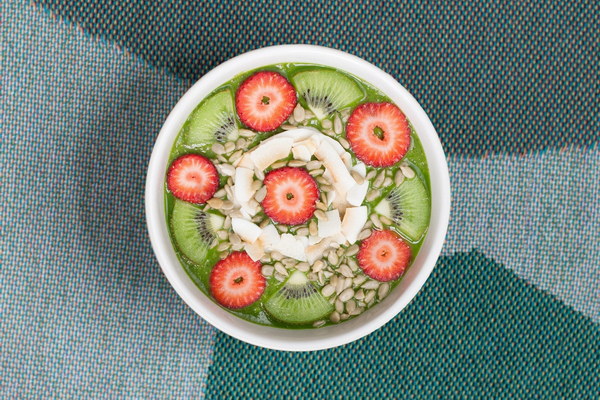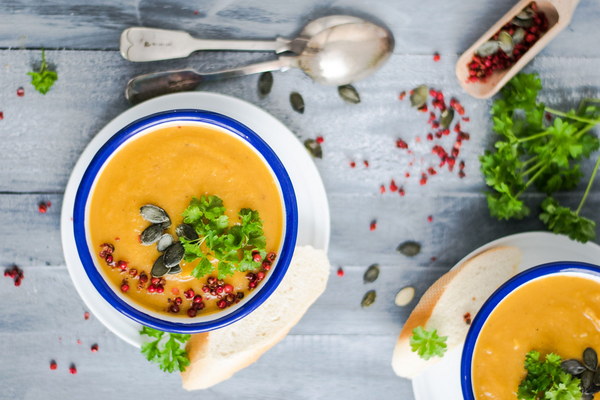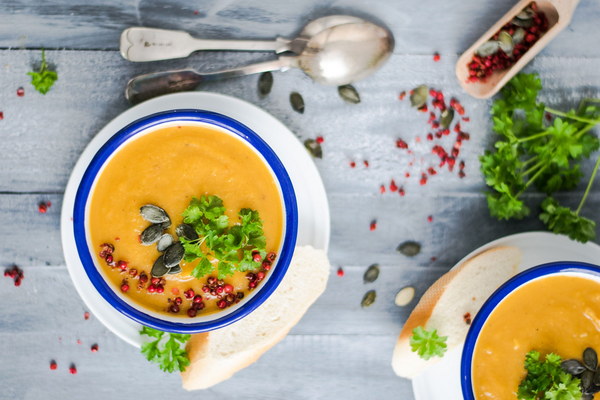Nurturing the Mind, Body, and Soul The Therapeutic Power of Comb-Induced Wellbeing
In the hustle and bustle of daily life, finding moments of tranquility and self-care can seem like a luxury rather than a necessity. One such simple yet profound practice that has been cherished across cultures for centuries is the art of combing one's hair for health and wellness. This article delves into the sensory, physical, and mental benefits of hair combing, a practice that transcends mere grooming to become a ritual of self-nourishment.
The Sensory Journey
The act of combing hair is not merely a physical act but a sensory experience that can transport one to a state of calm and mindfulness. The gentle gliding of the comb through the hair strands, the soft clicking sound it makes as it passes through tangles, and the warmth of the hair as it is manipulated—these sensory inputs create a symphony of sensations that can be deeply soothing.
Imagine sitting in a quiet room, the hum of the world outside fading into the background. As you gently run your fingers through your hair, you become acutely aware of the texture of each strand, the temperature of the air, and the rhythm of your breath. This sensory journey can be a form of meditation, a moment to disconnect from the noise and chaos and reconnect with yourself.
The Physical Benefits
Hair combing is not just a feel-good activity; it offers a range of physical benefits that contribute to overall health and well-being.
Stimulation of the Scalp: The gentle strokes of a comb over the scalp can stimulate blood circulation, which is essential for healthy hair growth and scalp health. It can also help in preventing dandruff and soothing an itchy scalp.
Detangling and Strength: Regular combing can help remove knots and tangles, which can lead to breakage and hair fall. It also promotes the natural oils of the scalp to distribute evenly along the hair shaft, keeping the hair hydrated and strong.

Reduction of Hair Loss: By removing loose hair and preventing matting, combing can help reduce the risk of hair loss. It also ensures that any fallen hair is removed before it becomes entangled and difficult to manage.
The Mental Benefits
The mental benefits of hair combing are just as significant as the physical ones. This practice has the power to reduce stress and anxiety, enhance mood, and improve cognitive function.
Stress Relief: The repetitive motion of combing can have a calming effect on the mind. It mirrors the motion of other stress-reducing techniques like deep breathing or progressive muscle relaxation.
Enhanced Mood: The simple act of self-care can boost your mood. The time spent combing hair can be a moment of self-reflection, a reminder of self-worth, and a celebration of the beauty of your hair.
Meditative State: As mentioned earlier, combing can lead to a meditative state, where the focus is solely on the act itself. This state can enhance mental clarity and focus, as well as provide a mental break from the constant barrage of thoughts and worries.
The Cultural and Historical Perspective
Hair combing has been a cultural ritual for many societies. In ancient India, the practice was believed to purify the mind, body, and spirit. In traditional Chinese medicine, it was thought to promote longevity and vitality. These cultural beliefs highlight the profound impact that hair combing can have on the individual's sense of well-being.
The Modern Twist
In today's fast-paced world, hair combing can be adapted to suit modern lifestyles. There are now various types of combs and brushes designed to cater to different hair types and concerns. From wooden combs to ceramic-bristled brushes, each tool offers unique benefits that can enhance the combing experience.
Conclusion
In conclusion, the simple act of combing hair can be a transformative practice that nurtures the mind, body, and soul. It is a sensory journey that brings peace and mindfulness, a physical act that promotes health and strength, and a mental exercise that reduces stress and enhances mood. As we incorporate this ancient practice into our modern lives, we rediscover the power of self-care and the simple pleasures that can bring us closer to our own sense of wellbeing.

